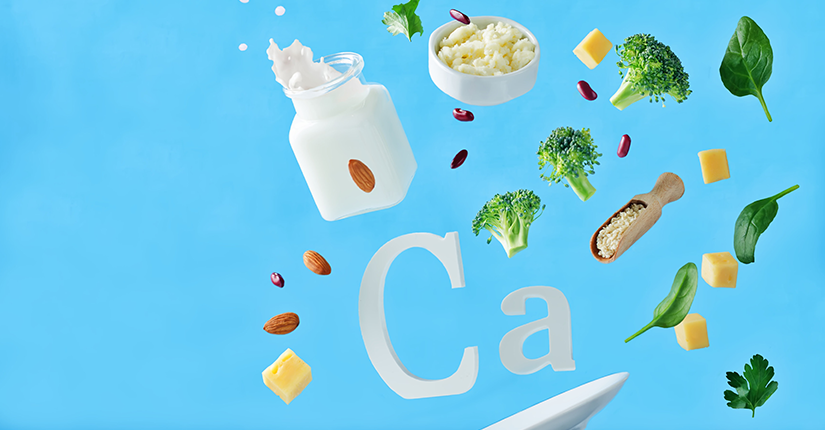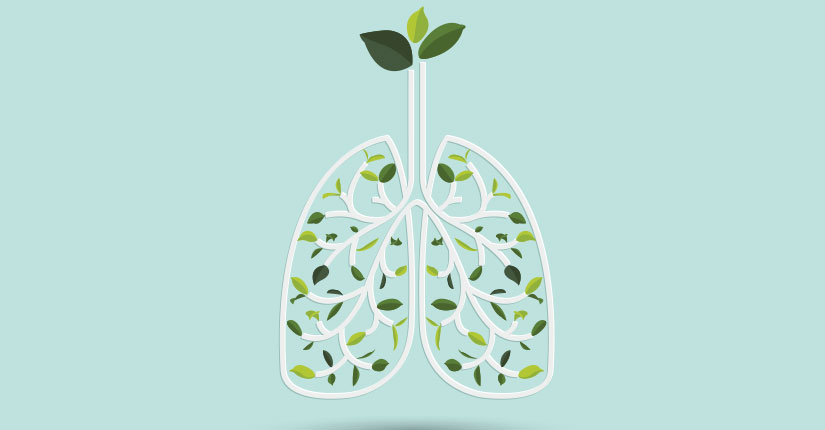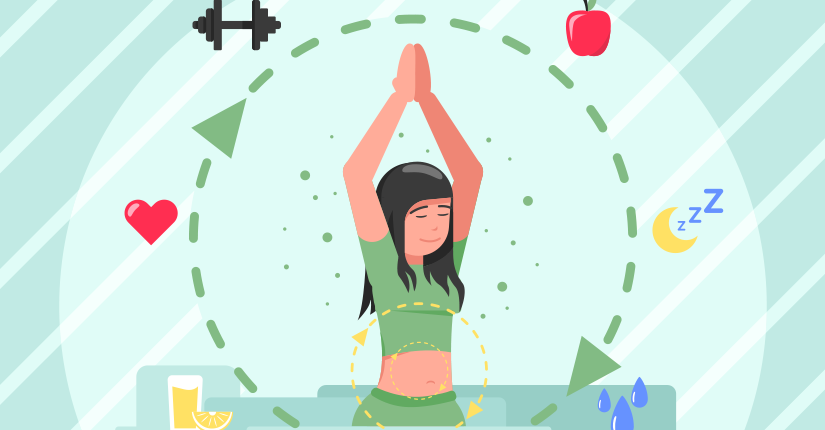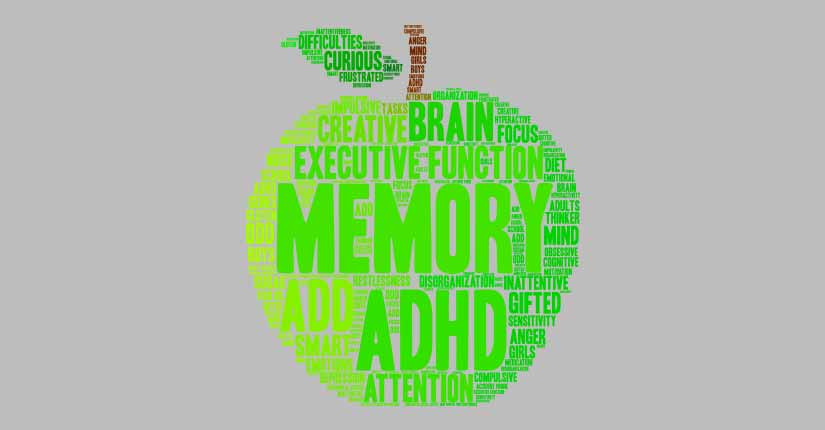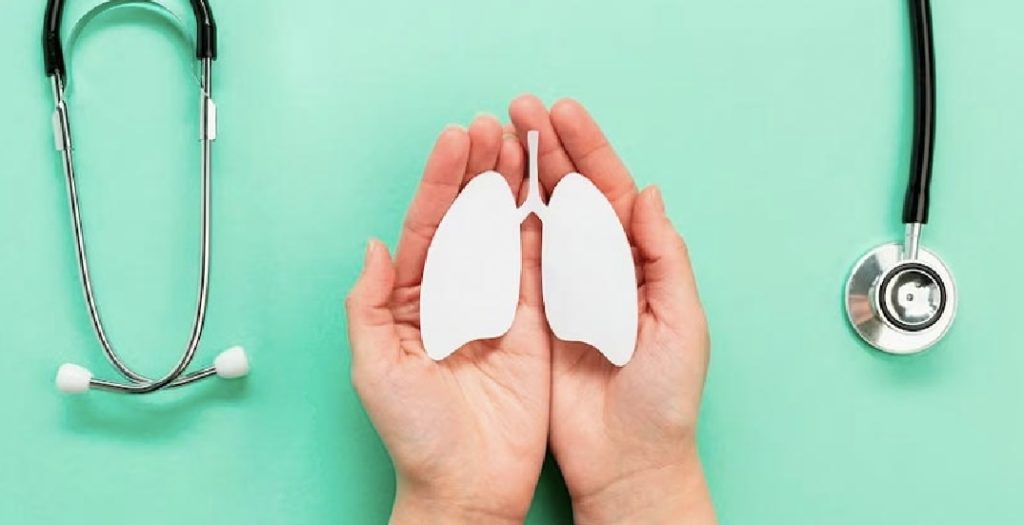A Brief Guide on Dietary Supplements
By Nmami Life Editorial 04-Apr 2020 Reading Time: 6 Mins
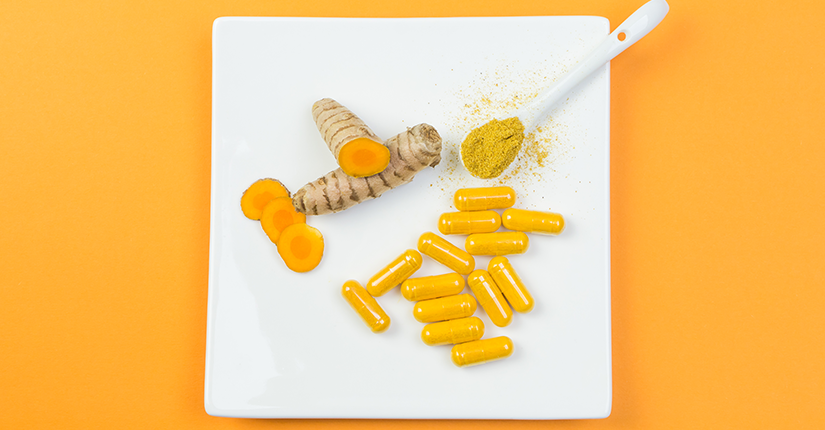
Before any further proceedings, let’s discuss dietary supplements and what its role in the body so that you won’t suffer from any health complications. Dietary supplements are the products available in the market that assist you in meeting your nutritional needs. It can be a pill, capsule, tablet or any liquid that can fulfil your nutritional profile. Obviously, there is no supplement to a healthy eating and a nutrient-filled diet goes a long way with you but due to plenty of reasons many of us won’t be able to stick to a healthy diet which brings the dietary supplements in the limelight.
So, if you are one of those who don’t take good care of your diet and are trying to add supplements in your diet then keep in mind that supplements can never be a substitute for healthy eating. Various studies suggest that some supplements are health-friendly and can benefit the health in numerous ways when taken appropriately with the correct dosage and with a combination of a nutritious diet.
Not everyone requires dietary supplement and here are the following groups that may need the dosage of dietary supplements. However, these tablets, pills or whatever cannot replace a healthy and well-balanced diet.
- People who consume less than 1600 calories on a regular basis
- Ladies who are pregnant
- Breastfeeding women
- Postmenopausal women
- Women with heavy menstruation
- People who have food intolerances and allergies from food
So, if you want the maximum of benefits without any health complications, try to add these supplements with a healthy and nutritious diet and always seek a doctor’s advice to know the correct dosage and amount to consume.
Here are some of the commonly prescribed supplements:
- Vitamin D: ‘The natural sunshine’ is another name for Vitamin D. It is quite important for the body and it helps in building the stronger bones by absorbing calcium and phosphorus. Adequate levels of Vitamin D in the body can give a boost to the immune system while ensuring the smooth functioning of the body. But with the busy lifestyle, usage of SPF many people won’t be able to consume the correct proportion of Vitamin D naturally. You can add Vitamin D pills in your diet to meet its requirement but consult to your doctor for its dosage and the time period to consume it.
- Iron: Iron is one of the important minerals that help in the proper functioning of the body. Not only its deficiency makes you tired and exhausted but also weakens your immunity and transportation of oxygen in the blood. Women are more anaemic and suggested to add iron supplements in their diet. Don’t consume it without the doctor’s prescription.
- Calcium: We all know that calcium helps in bone strengthening but an increased rate of osteoporosis has amplify the calcium supplementation and it is mostly seen in women above the age of 30. Both calcium and Vitamin D is important for bone strengthening. So, with supplements, try to add significant food sources of calcium like dairy, meat and green leafy veggies for effective results.
- Omega 3s: Omega 3s mostly found in fatty fishes, nuts and seeds are one of the essential nutrients for the human body. It can help in the proper functioning of the brain and heart, prevent any inflammation and gives supple and healthy skin. There are plenty of omega 3 supplements available in the market so always consult to a doctor and know the proper dosage before consuming.
Footnote
So, never treat supplements as a swap of healthy eating and always ask for doctor’s advice to avoid any health complications in the body.

